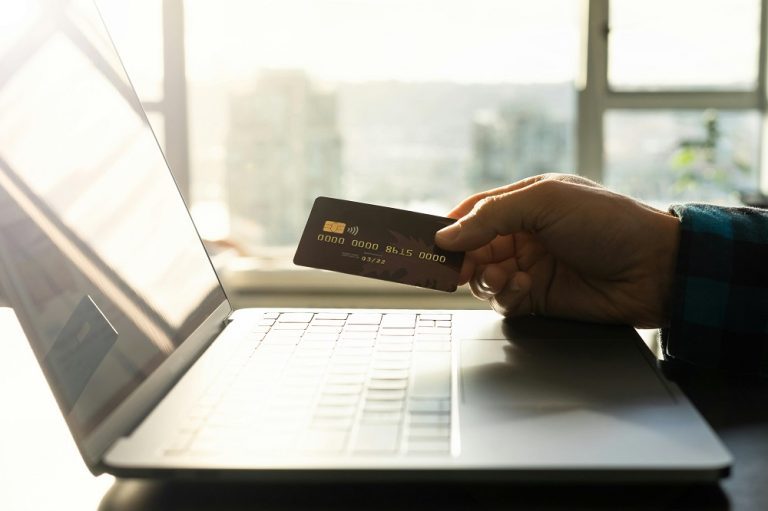Did you know that there were over 13,516 frauds involving cards and the internet in 2024-25? Your debit card, also known as plastic money, is linked to your bank account, which contains your hard-earned life earnings. Whether you are a student, artist, or seasoned finance professional, debit cards are often widely used in daily life. Unfortunately, fraud can occur when sensitive details like your CVV, account number, or security passwords fall into the wrong hands. As most debit card fraud happens online, it is better to be safe than sorry.
In this article, we’ll discuss some smart measures and tips that can help you stay alert against debit card fraud in the future.
1. Keep Your Debit Card Safe
This goes without saying. As long as you have your card stored in a safe spot away from external threats, the chances of fraud are reduced to a minimum. However, when used to cash out at ATMs or for purchases, be hyper-alert to avoid any switch or dubious situations.
- Do not give your physical debit card to any unknown person to access.
- When using it for payments or shopping, monitor everything closely and take back your card immediately after the transaction is completed.
- Store it safely as you would do with cash. Use a wallet or card holder to keep it protected at all times.
2. Protect Sensitive Information
Never! And we mean never, share your CVV, OTPs or PINs with any stranger or official employees. If required, type in your personal information yourself. Plus, it is crucial to memorise your PIN by heart. This would avoid the need to ask for help from others and put your sensitive information in jeopardy.
The Reserve Bank of India advises every Indian citizen to create a strong password for their debit card. Simple PINs such as “1234” or “0000” can be easy to hack.
3. Avoid Phishing Scams
Phishing is when scammers or fraudsters try to steal your personal information through emails, social media chats or SMS. These may include threatening messages, fraudulent links or fake emergencies through seemingly legitimate institutions such as banks, police, etc.
Legal financial institutions do not ask for this information in messages or unsolicited links. While over the years, phishing links have become complex to detect, the best way to avoid confusion is to call the official number. Always avoid clicking on dubious links from unknown numbers and ask for help from your family and friends before acting.
4. Avoid Signing in on Public Wifi
Public wifi often doesn’t have a high-security level and can be breached by hackers with ease. When outside, use your mobile data to access online payments or seek help from any known associate. Connecting to public wifi will open you to hacking and can lead to a potential data leak.
5. Use Only Secure Online Platforms and ATMs
The rate of card skimming frauds has recently risen. Skimming is when fraudsters install devices in ATMs or petrol pumps to steal your sensitive card information and fake your ATM card. Always check every point-of-sale machine or ATM for signs of scratches, loose nuts or breakage. It is a good habit to cover the number pad when you input your PIN to avoid any harmful activities.
Similarly, always use trusted and reliable online platforms for online payments and enable two-factor authentication. This is the process that requires both your PIN and OTP to complete any transaction, drastically reducing the chances of fraud.
6. Put an Upper Limit on Your Debit Card
If you don’t use your ATM card for frequent large transactions, putting an upper limit will help keep you stress-free. You can contact your bank to get this done. It will help minimise the damage in case of any unfortunate incidents.
Wrapping Up
A debit card is a key tool for every transaction, which also prevents the hassle of carrying a lot of cash. However, with many fraudsters on the road and the internet, the lack of preventive measures can open you to scams and hacking. Follow these six tips and always keep a track of your transactions with a receipt or apps to avoid any scams.






